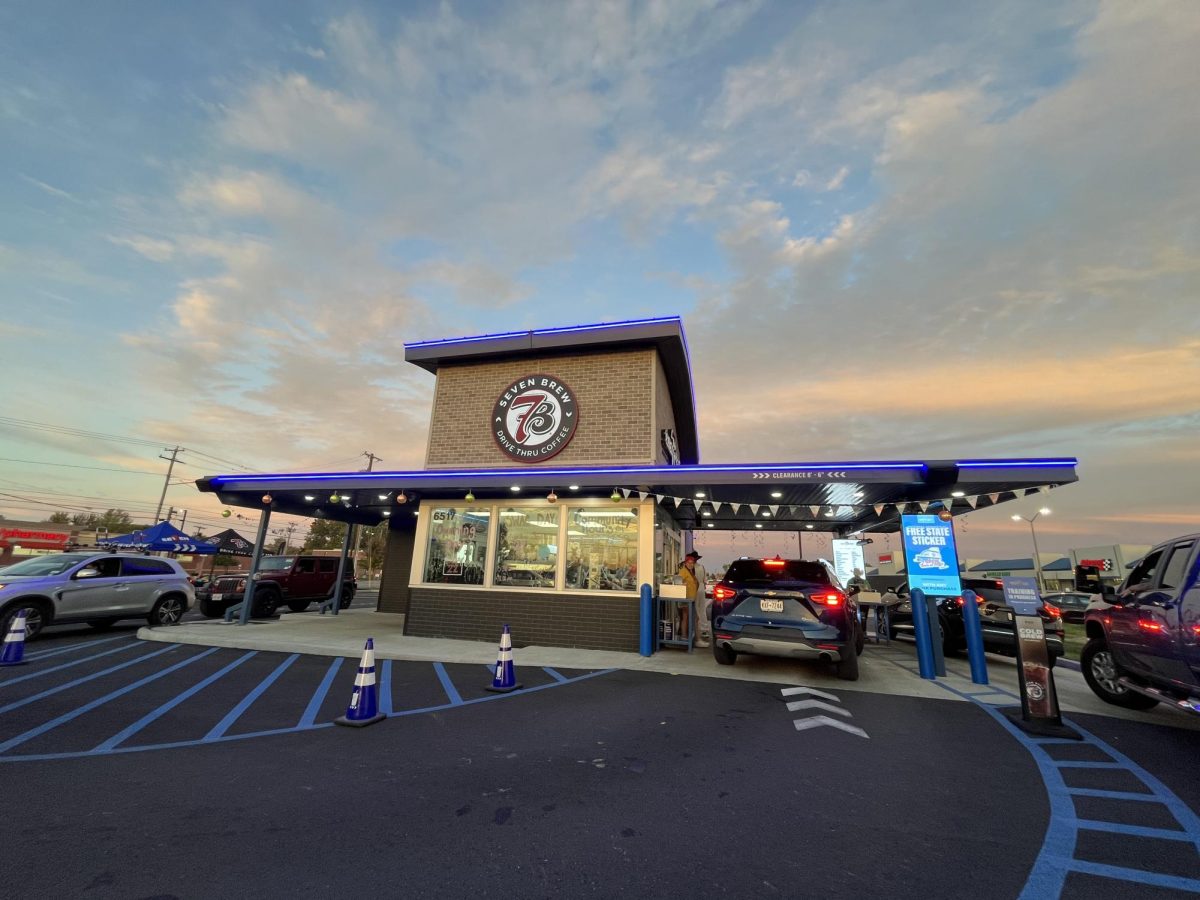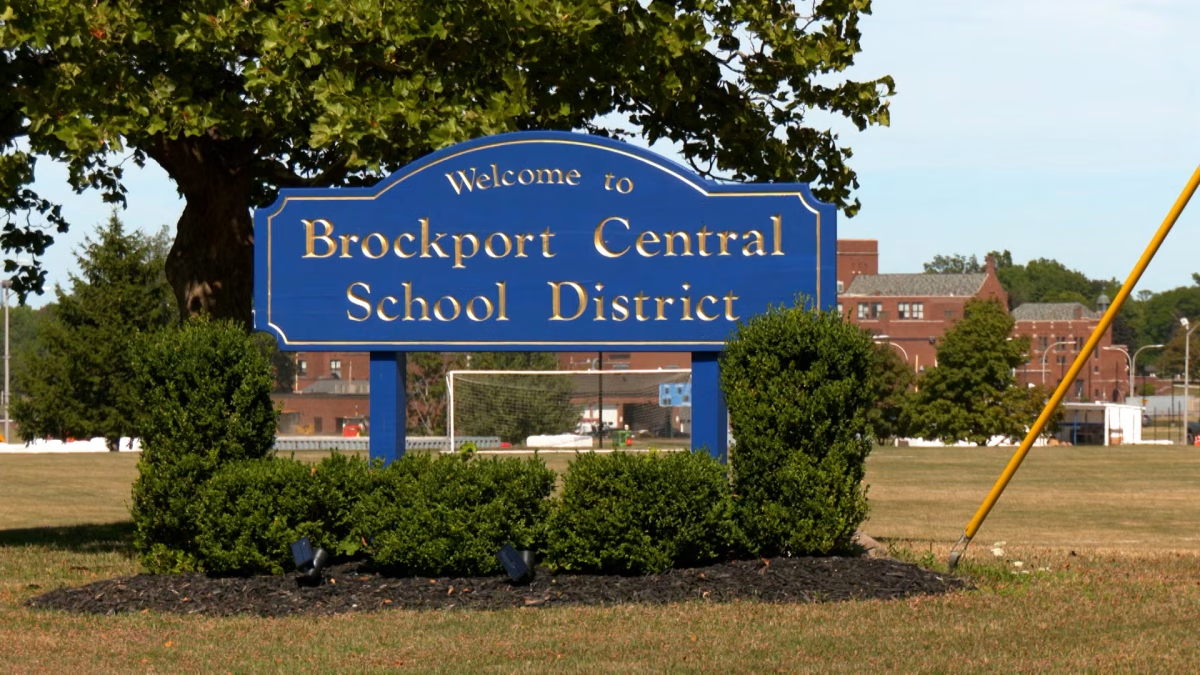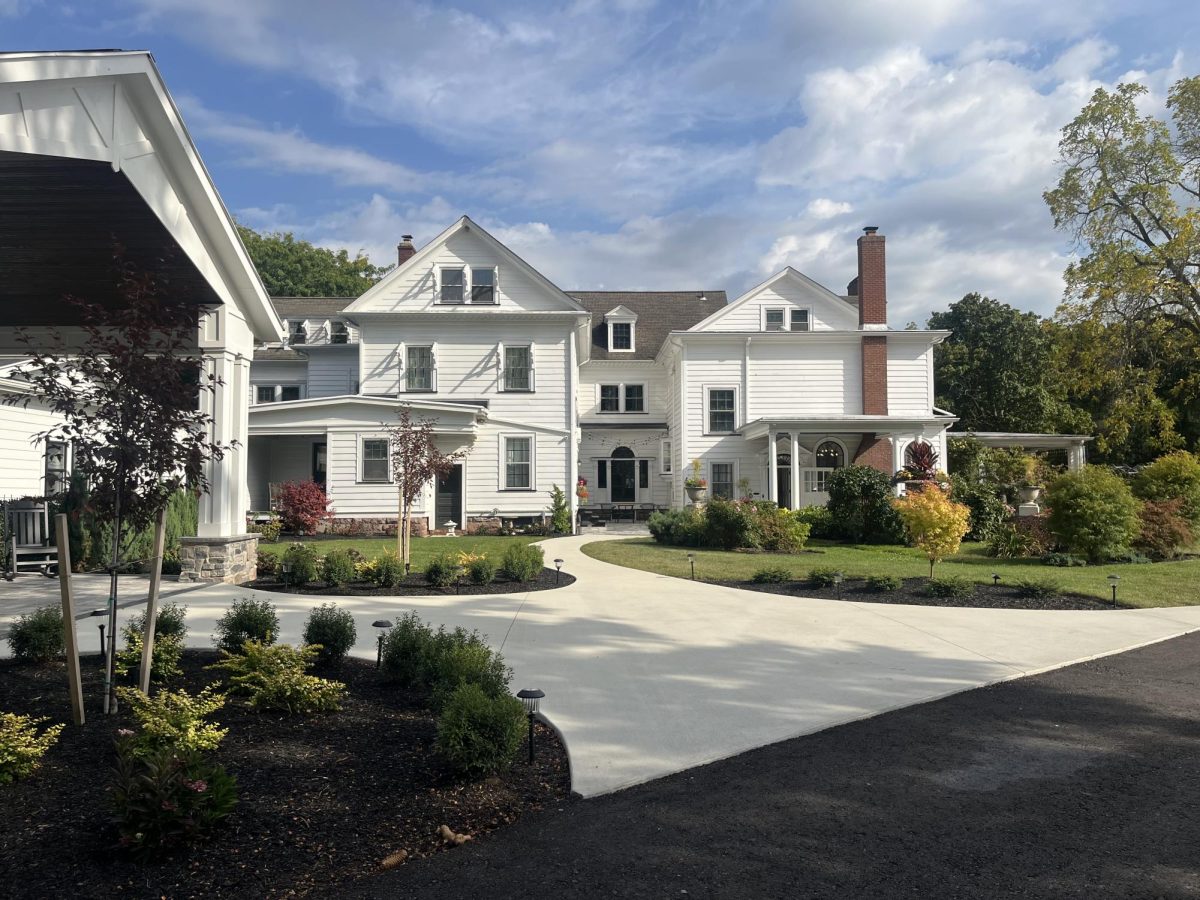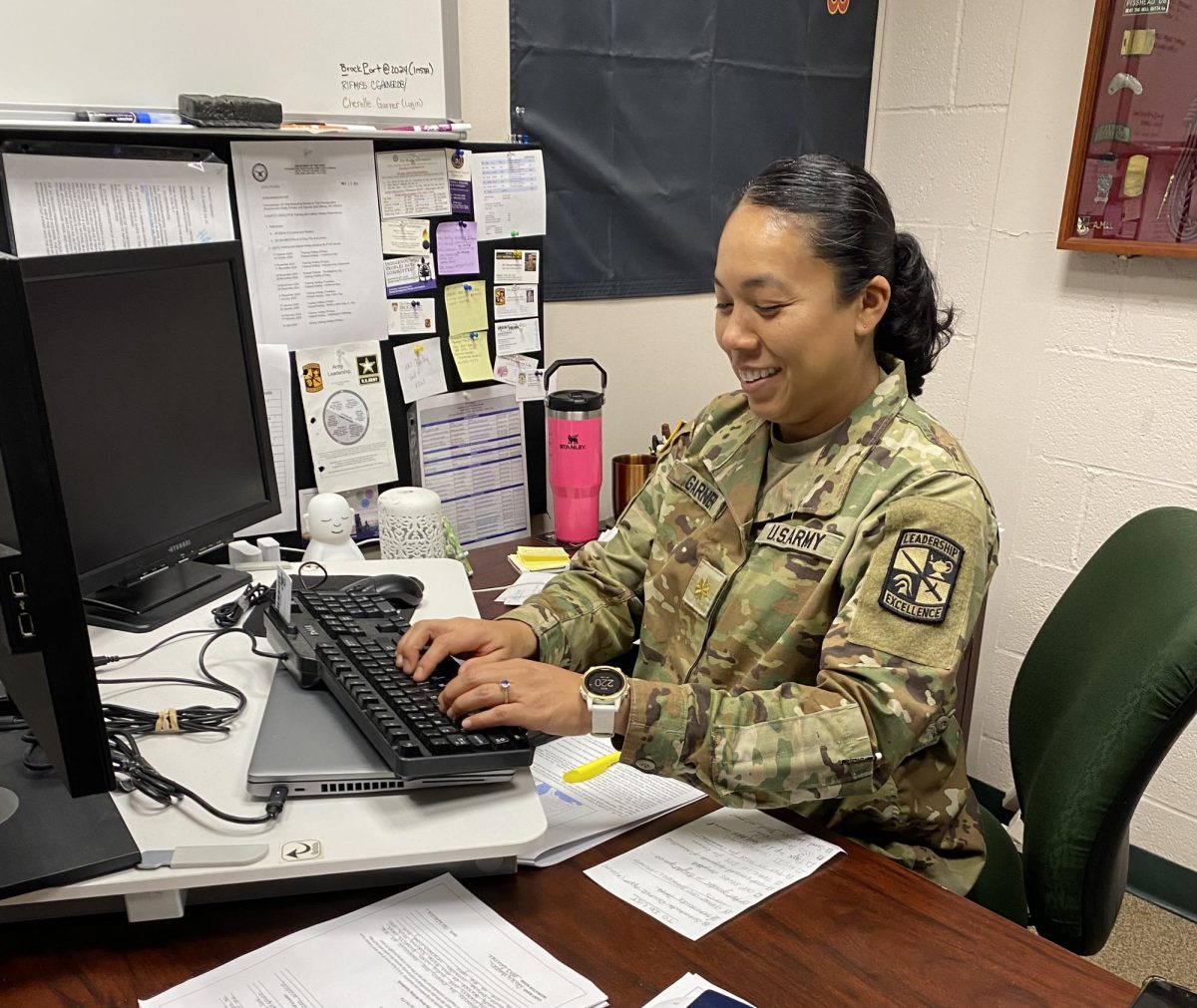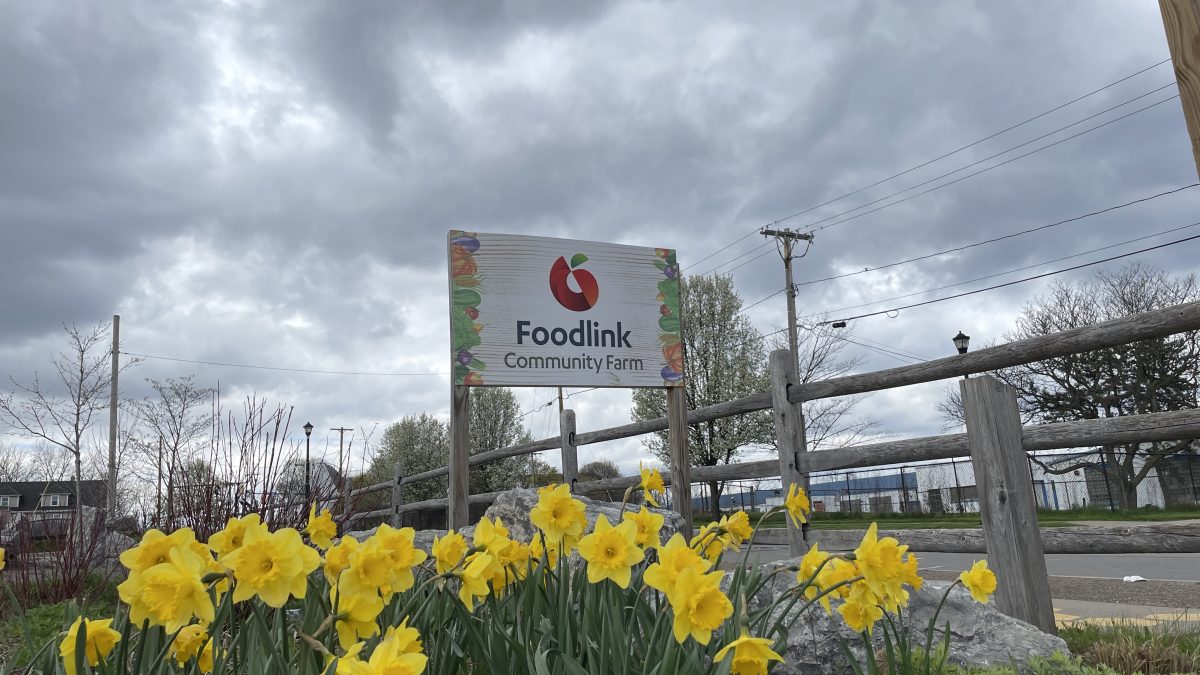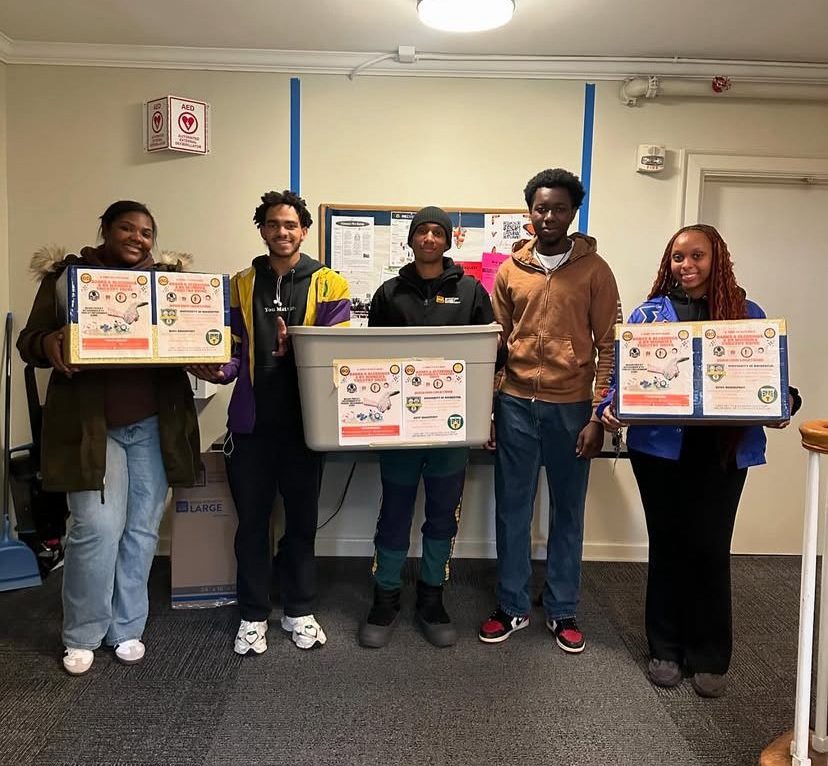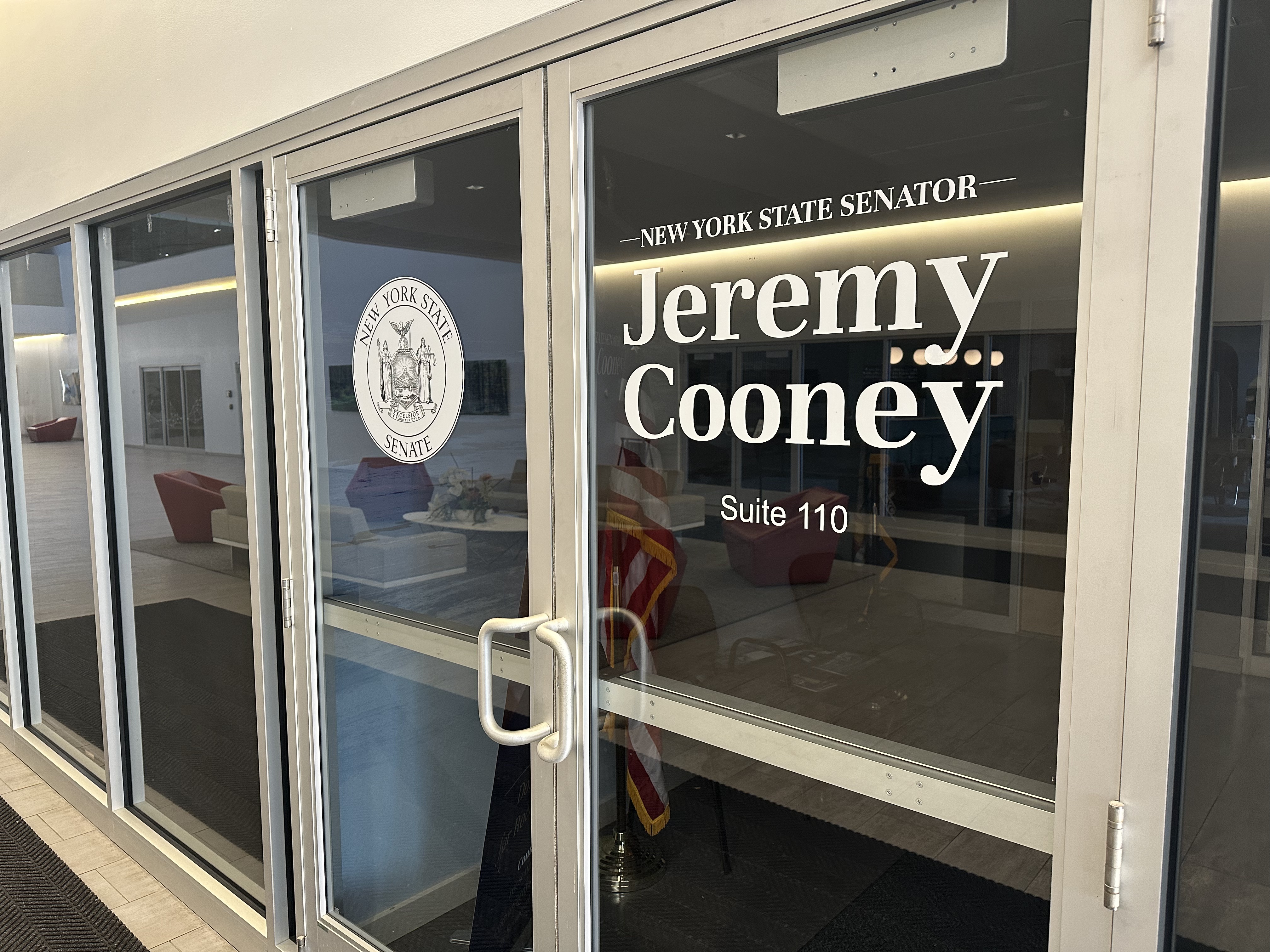
In previous coverage, New York marijuana business owners shared their struggles maintaining their business. They have been waiting for changes to be made to state laws to make cannabis licensing, production, and sale more accessible. Lawmakers are actively responding to these calls for change, making local businesses a priority.
Such a foreign concept to New York, however, inevitably has obstacles to overcome.
Chair of the New York State’s Senate Subcommittee on Cannabis Jeremy Cooney, representing the 56th district of New York, wants change as much as the people he serves. The initial introduction of legal recreational marijuana use, however, had to be done lightly and strategically.
“New York led with legislation that prioritizes social justice in the cannabis space, a shared goal between the legislature and the Office of Cannabis Management (OCM) that drives the day-to-day regulatory action,” Sen. Cooney said.
There proved to be a need for justice for those convicted on cannabis-related crimes. In Monroe County, between 1990 and 2020, over 10,000 people were arrested for sale or possession of marijuana. Based on the county’s total population in 2021, that’s more than 1% of residents arrested over 30 years.
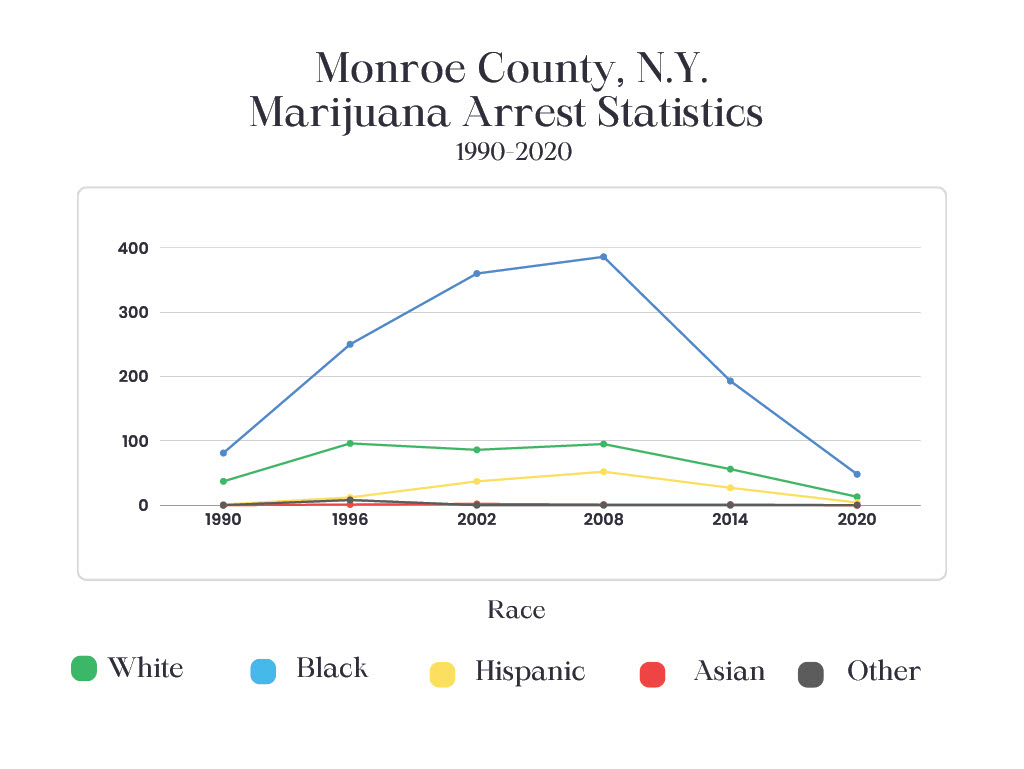
This caused confusion for many current and prospective marijuana business owners. They wanted to know why only those previously convicted of a cannabis-related crime could apply for expedited licensing to open their business. With respect to the recent change of this policy, Cooney said they had to follow their initial plan.
“The OCM sought to ensure that those negatively impacted by ‘War on Drug’ policies around marijuana enforcement had restorative opportunities to enter the legal cannabis marketplace before the full rollout of applications,” Sen. Cooney said. “All other applicants, including those with social equity considerations, are able to apply for a full (non-conditional) license”.
With this, OCM has also established a system for regulating cannabis production and testing to ensure marijuana produced by licensed farms is state-compliant. Sen. Cooney, as one of the legislators at the forefront of change to cannabis law, continuously emphasizes the importance of public safety.
“We know cannabis products are already in communities across New York State, but we need to ensure it’s being sold responsibly, tested for public health, and limited to adults,” Sen. Cooney said.
The Cannabis Control Board has been the primary insurer of this objective. By overseeing licensing and helping to establish the basic structure of policies surrounding cannabis production, lawmakers hope that the rollout of recreational cannabis is safe, effective, and manageable for both business owners and state officials.
The primary roadblock in the rollout, however, has been legal opposition.
One federal lawsuit, Variscite NY One v. New York State, obstructed cannabis business applicants from receiving approval to operate. The judge issued an injunction to prevent licensing distribution in five New York regions, including the Finger Lakes. This is why Rochester’s first growers’ showcase Herbal-IQ only opened this past August after weed being legal for over two years.
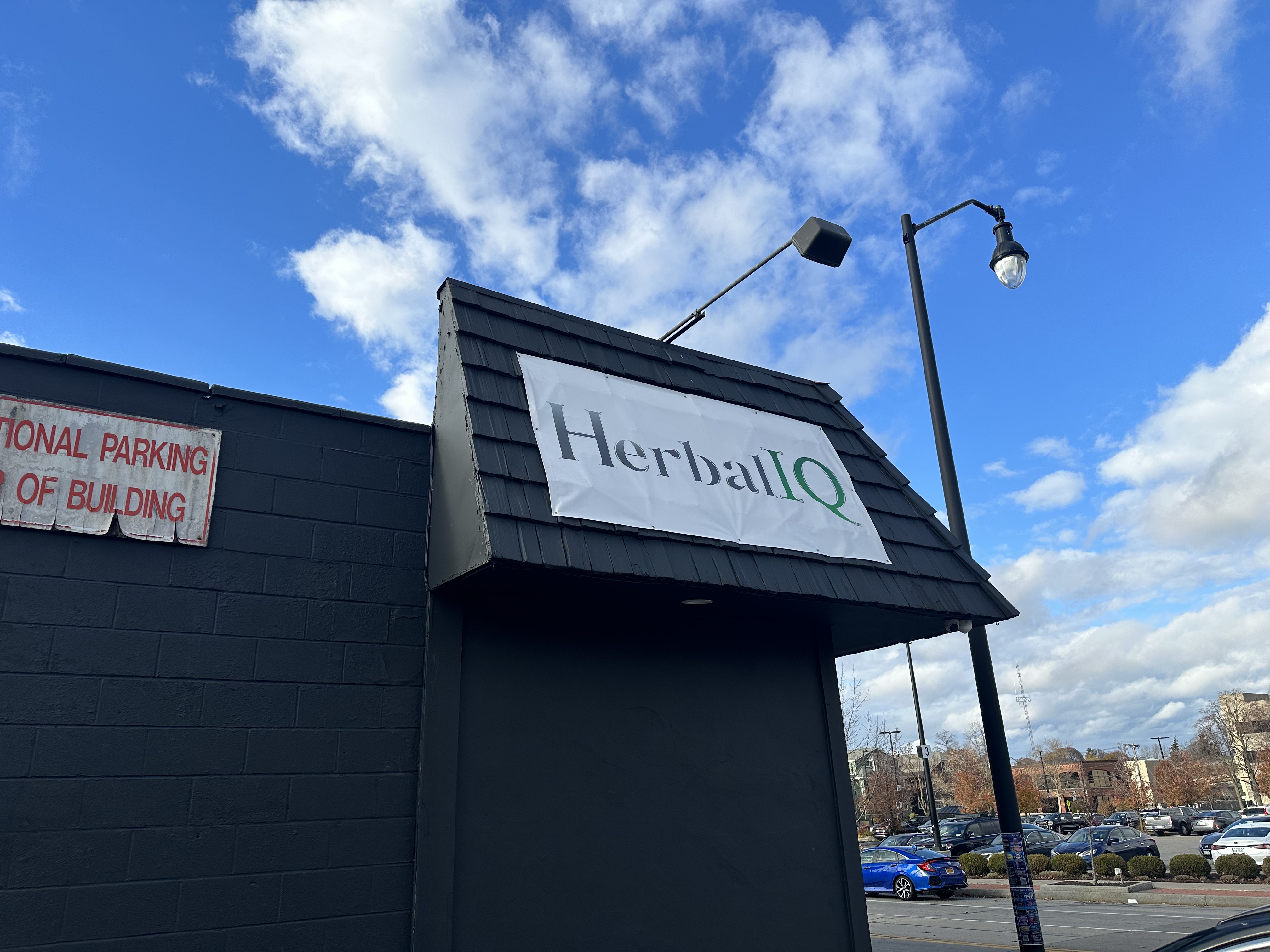
Another lawsuit, Carmine Fiore v. New York State Cannabis Control Board, was brought about by four veterans who claimed that licensing was not being prioritized for them. Part of New York’s marijuana legalization initiative was to give licensing priority to groups with the most potential to benefit from legal cannabis, including disable veterans. This contributed to the hold on cannabis business license issuing.
The resolution to this lawsuit was just settled on November 17.
Sen. Cooney sees these resolutions as an opportunity to advance cannabis legislation in the coming years.
“These lawsuits prevented OCM from approving dispensary applications in the Finger Lakes Region for several months, leaving us as the largest region in the state without a legal retail dispensary. I am hopeful we can soon move forward,” Sen. Cooney said.
With these lawsuits settled, business owners and marijuana enthusiasts are calling for more leeway to cannabis laws.
Sen. Cooney has made his goal in the Senate to give voice to the cultivators and retailers that are struggling as a result of New York’s strict laws surrounding legal cannabis. Working with other state lawmakers, he hopes that current opportunities for business owners will continue to expand.
“Recently, I convened the state’s first legislative hearing on cannabis since the passage of the MRTA,” Sen. Cooney said. “We heard loud and clear from cultivators (farmers) about the challenges of growing products without processors to buy or retail dispensaries to sell. After hearing dozens of testimonies, we are examining potential legislation to make early adopters whole”.
At the same time, a challenge for New York lawmakers is going to be ensuring that current control methods to maintain safe marijuana production remain effective. Sen. Cooney says that there are many parts to this process.
“I hope to see streamlined enforcement that does not erase progress made while also shutting down illicit stores that undercut our legal dispensaries. There is also a need for enhanced quality control and product safety testing,” Sen. Cooney said. “I am optimistic that the state legislature will increase its legislative oversight and work to more fully realize an equitable cannabis marketplace in New York State”.
In this joint effort between lawmakers and cannabis business owners, there is a common end goal to make marijuana a staple contributor to local economies across New York State.
This is the third part of an ongoing investigative series into marijuana legislation in New York State.

